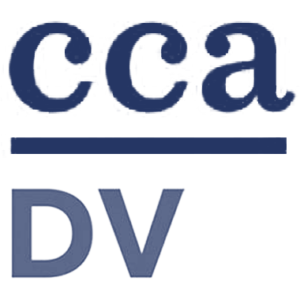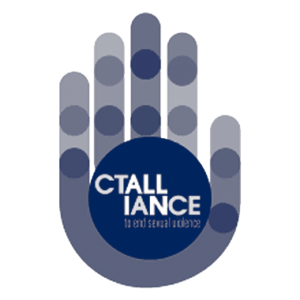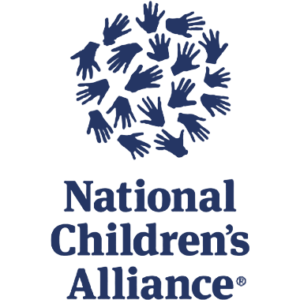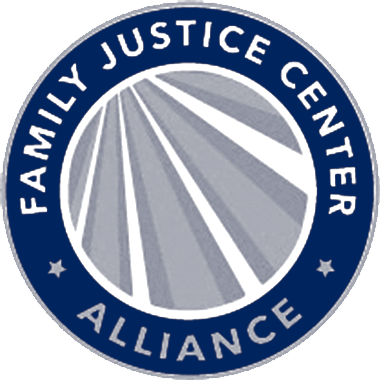Stanford, Baylor and Howard. In recent months some of the nation’s most prestigious institutions of higher education have been rocked by scandals involving student perpetrated sexual violence. At Baylor, the problem was particularly insidious as scores of female students have made serious allegations that they have been assaulted by groups of student athletes amid a campus culture that put them at risk.
The high-profile incidents at these schools, while disturbing, are certainly not isolated. Nationally, some 11 percent of college men and women experience some kind of sexual assault, according to RAINN.
At our local colleges and universities, CFJ is proud to be actively engaged in supporting survivors as well as advancing prevention efforts on campus. For several months now, Erika Sanchez, CFJ’s Bilingual and Campus Sexual Assault Advocate, has worked to establish an on-campus presence at both the University of Bridgeport and Sacred Heart University in Fairfield, providing direct support to survivors.
Erika hopes to expand these services students at Housatonic Community College and Fairfield University come fall.
We recently spoke with Erika about her role supporting young survivors and encouraging prevention efforts on campus. Here’s some of our chat:
CFJ: Tell us about the one-on-one work you are doing with survivors?
ES: It’s only been a few months and I have already worked with several students who’ve been impacted by sexual assault. And in terms of what I’m doing, it’s really about meeting them where they are. It’s talking to about reporting their assaults if that’s something they are ready to do. It’s listening to them and helping them figure out things about how to talk to friends and family about what they’ve experienced. My role as an advocate is also to connect them with whatever it is they need. Sometimes, that’s legal services, support or individual counseling or supporting them as they take that step to make a disclosure about what they’ve experienced. It’s always about determining what they need and meeting them where they are.
CFJ: Are there myths and stereotypes about sexual assault you are working to change with the students?
ES: A big one is that we’re raised with this idea of stranger danger, when in fact 90 percent of the assaults that occur on campus are perpetrated by someone the victim knows. And a lot of what I’m seeing is the outgrowth of unhealthy relationships. Sometimes, what I’m seeing is domestic or dating violence with sexual assault being something that happens because of that dynamic. I am also talking about what a healthy relationship looks like and what some of the warning signs are of an unhealthy one. I am working really hard to dispel that myth that a sexual assault is something that happens when you are attacked in the dark by a stranger. That can be true, but it’s not what’s happening on campus in the majority of cases.
CFJ: How are you making our presence known on campus?
ES: It starts with me simply being present. I’ve made a real effort to attend campus events, get to know people and simple make people aware of who I am and what we do. I am there to help. I’m keeping office hours at UB on Mondays and also, I’m working closely with (Lenora Campbell) the Title IX Coordinator at SHU to be there for students who need me. At UB, I was even invited by a student to give a lecture to one of her classes for a project she was working on. It was exciting to be asked to engage that way.






